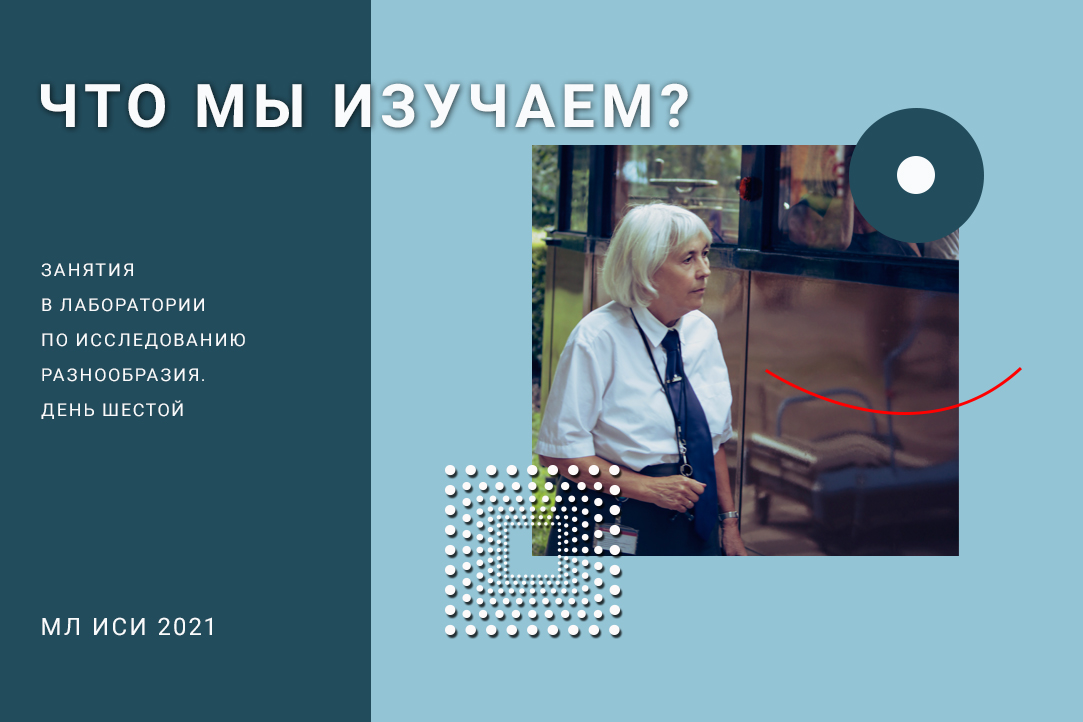What does it mean to be an adult?
On February 17, a lesson on Age Construction and Ageism was held at the Diversity Research Laboratory. Nadezhda Nartova, Senior Research Fellow at the Center for Youth Studies in NRU HSE, told about what 'adulthood' is.

Sociocultural ideas about a person's life stages influence how individuals construct their lives. Social institutions provide regulation and control over this process. For example, they determine at what age a child should go to school, and what sanctions await his parents if this does not happen. In modern culture, "youth" and "old age" have a hierarchical organization and often become the subject of academic comprehension. But what is in between?
Adulthood is the middle and longest part of a person's life. It is associated with gaining access to benefits that are not available to representatives of other age categories. There are three main approaches to determining it:
1. Adulthood as an achievement. This interpretation of adulthood is associated with the passage of certain events - education, work, separation from parents, the emergence of your own family and the birth of children.
2. Adulthood as a personally experienced status. From the point of view of this perspective, it is supposed to gain independence through financial self-sufficiency, taking responsibility for one’s life and autonomous decisions.
3. Adulthood as a recognition, which is expressed in a collective assessment of the fact or process of the individual becoming “full-fledged”. In this case, he is granted autonomy and the status of a full citizen.
Growing conditions have changed significantly in the modern world. The boundaries of adulthood are being erased, as are the trajectories of achieving it. This was also confirmed by the seminar, where the participants attempted to reflect on their age status.
Nonetheless, adulthood acts as a guideline for children, adolescents and young adults. However, the old age that follows is often inclined to be perceived as pathology, since a healthy young body seems to be a more valuable capital.
Alexandra Shchetkina spoke about the 'Alzrus' Foundation, which helps people with dementia. Dementia is a syndrome that affects a person's cognitive functions (memory, thinking, behavior, orientation in space, the ability to perform everyday activities). Elderly people with dementia are often forced to stay alone at home for their own safety. In order for them to continue to participate in social life, the foundation created the Alzheimer's Cafe 'Forget-Me-Not'. Tea sessions with workshops and dancing are organized for guests. This case shows that under favorable conditions, older people can also socialize and develop despite body limitations.
Ekaterina Matveeva


